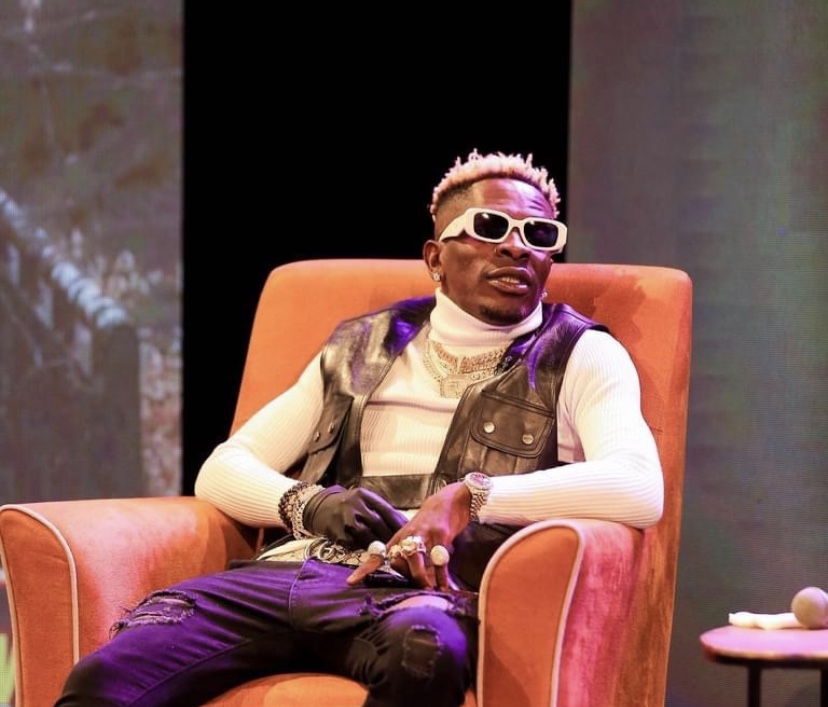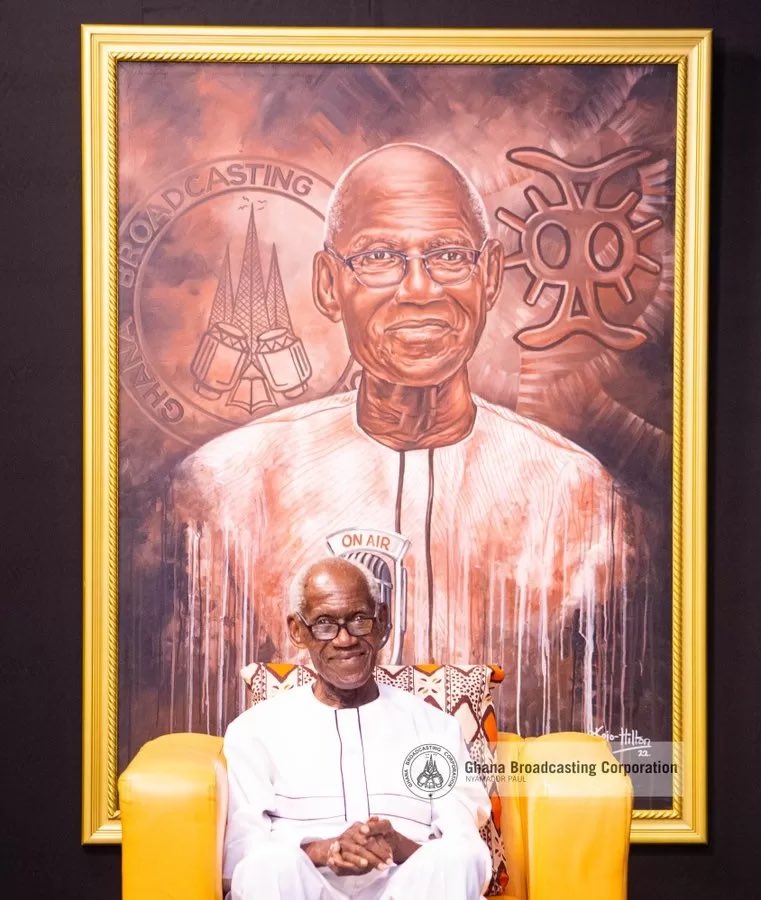A “Vacation” Rather Than Confinement
Ghanaian dancehall sensation Shatta Wale has offered an unusual take on his time behind bars, describing it as a comfortable sojourn, almost like a vacation rather than a punitive confinement. In a candid interview on TV3’s Showbiz 360 with Giovanni Caleb, Shatta Wale shared that his period in prison felt surprisingly familiar and homely, more like being in a home away from home. When questioned about whether this experience humbled him, Shatta Wale dismissed the notion, asserting that his jail time felt like being “at home.”
Feeling at Home Behind Bars
“In Ghana, we do not sacrifice to help the country. It didn’t really humble me because when I went to jail, I was actually feeling like I was at home,” Shatta Wale candidly expressed. Recalling his stay at Ankaful Medium prison in the Central Region, he revealed that his cellmates treated him with an extraordinary level of respect and kindness, similar to the admiration he experiences on the streets.
Royal Treatment from Inmates
“I was there with a significant number of people, some of whom had been incarcerated for over three decades, all eagerly wanting to meet Shatta Wale. Some fetched water for me, while others offered me their food. The treatment I received within the cell was remarkably similar to the admiration I experience on the streets,” Shatta Wale disclosed.
No Negative Impact on Career
Contrary to the expectation that his time in prison might negatively impact his career, Shatta Wale emphasized that he emerged from the experience with a renewed creative vigor. He proudly pointed out that he continued to release hits, including tracks like ‘On God’ and ‘JJC,’ shortly after his release.
“It wasn’t as though they sent me to a place of suffering; when I went there, it felt more like a vacation. No one leaves jail and returns with an unchanged mindset, but I came out and released ‘On God,’ ‘JJC,’ and much more,” Shatta Wale affirmed.
Critical Reflection on Competitiveness in the Music Industry
Shatta Wale also criticized his colleagues in the music industry for making everything about competition, emphasizing that the focus should be on contributing positively to Ghanaian music rather than fostering a sense of rivalry.












